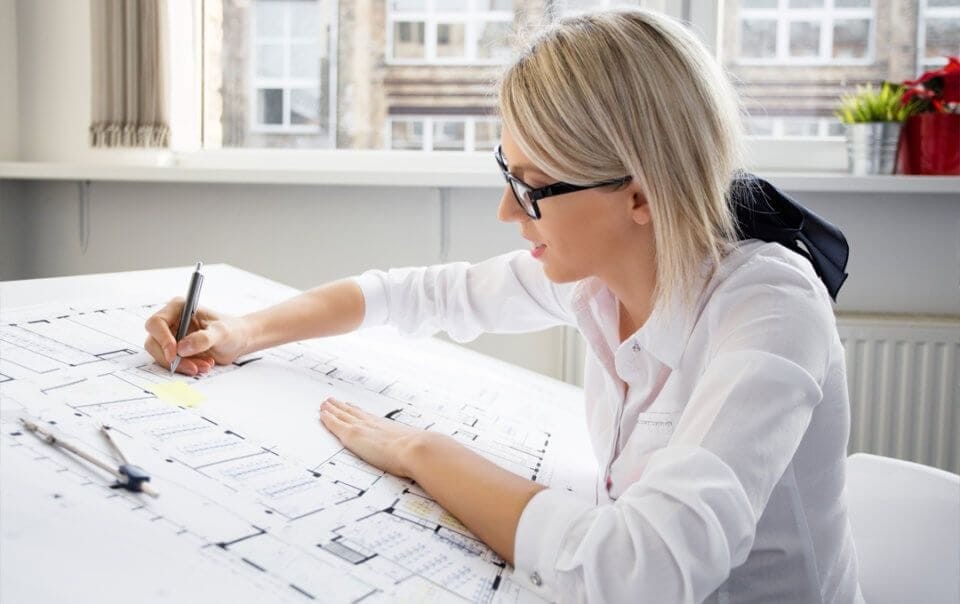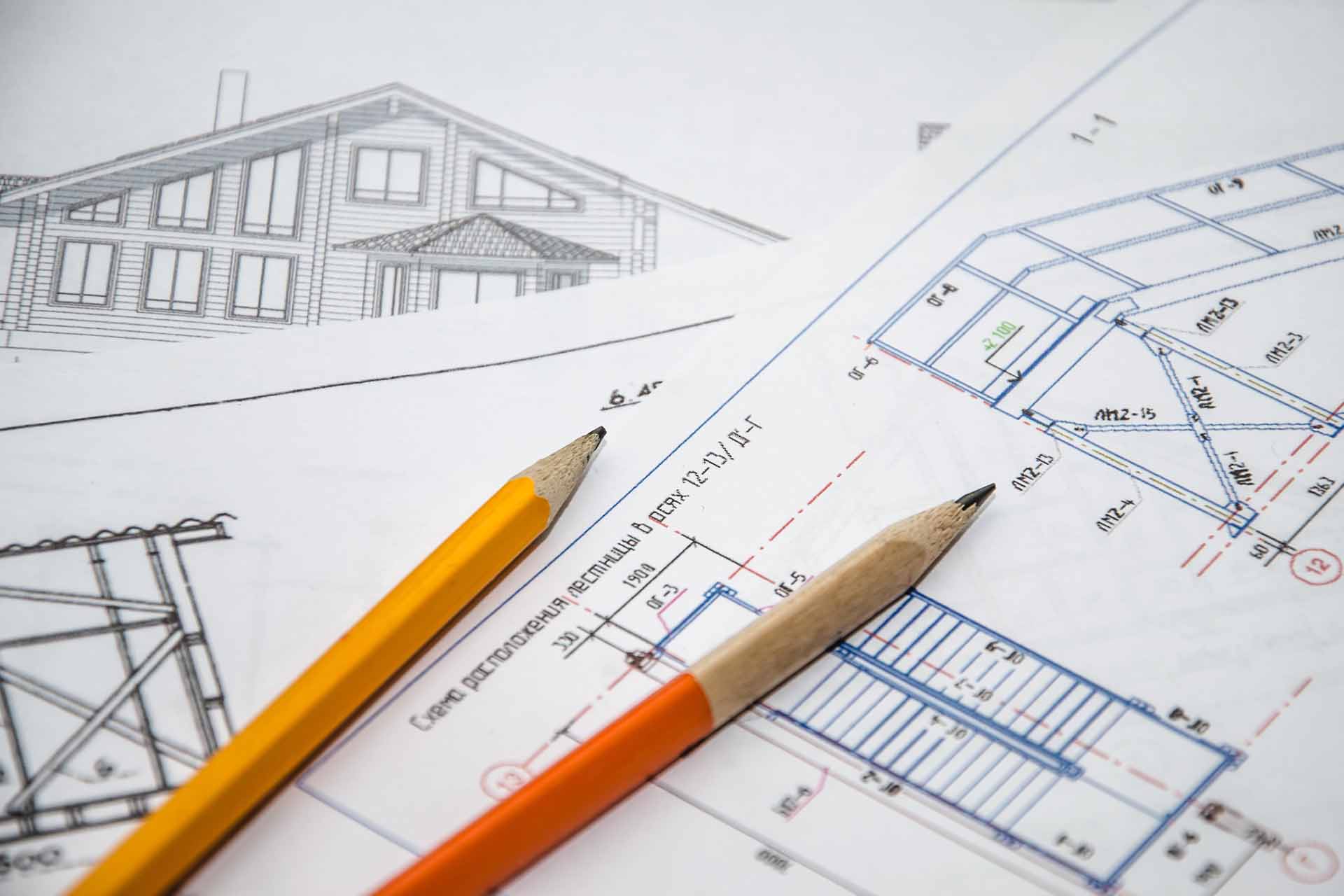Discover the Important Skills and Top Qualities Every Architect Have To Have
As an architect, you recognize that success in your area goes past just technical skills. It has to do with mixing imagination with functionality, cultivating cooperation, and taking care of tasks effectively. Each quality plays a critical duty in your ability to create areas that inspire and work well. What are the certain abilities that can really set you apart? Let's explore the necessary attributes every Architect must grow to grow in this ever-evolving career.
Creativity and Development
Imagination and development are at the heart of design, driving the design of spaces that influence and work perfectly. As a designer, you'll need to assume outside the box, pressing borders to produce one-of-a-kind services for your clients. You'll regularly explore brand-new materials, strategies, and technologies to boost your designs. Accepting innovation implies remaining ahead of patterns while being versatile to alter.
You'll additionally draw inspiration from different sources-- nature, art, and also day-to-day life can spark fresh concepts. This capability to mix creativity with usefulness enables you to address complex issues, guaranteeing your layouts fulfill both visual and practical requirements.
Strong Communication Skills
While designing amazing spaces requires creativity, strong interaction abilities are simply as essential for architects. You need to convey your concepts plainly to clients, specialists, and group members. Listening is equally as essential; comprehending your client's vision assists you produce designs that genuinely fulfill their needs.
You'll frequently have to discuss complicated ideas in such a way that's simple to understand, whether you're providing a proposition or reviewing products. Effective interaction cultivates collaboration, making certain everybody is on the very same page throughout the project.
Structure connections is vital, too. When you develop trust fund and rapport, clients are more probable to share their problems and comments, resulting in far better end results.
Finally, do not take too lightly the power of body language and aesthetic help. They can boost your message and make your discussions a lot more interesting. Strong interaction skills not only elevate your styles but likewise reinforce your specialist relationships in the architectural globe.
Technical Proficiency in Design Software
As you navigate the ever-evolving globe of architecture, understanding style software application ends up being important for equating your creative ideas into tangible plans. Acquainting on your own with programs like AutoCAD, Revit, and SketchUp will certainly not just boost your style abilities yet additionally simplify your operations. These devices allow you to create in-depth drawings, 3D models, and even simulations that can help you imagine and present your principles extra properly.
Exceling in these software application applications also boosts your cooperation with specialists and engineers, as everyone can work from the very same digital structure. In addition, your capacity to adjust to new innovations will maintain you competitive in the field. Consistently updating your abilities and discovering new functions can set you besides your peers, ensuring your layouts are specific and cutting-edge. Inevitably, technological proficiency in style software is a keystone of successful architecture, aiding you bring your visions to life.
Recognizing of Design Principles

Understanding engineering concepts additionally allows you to prepare for potential obstacles early in the layout procedure. When you know how different products behave under various problems, you can make educated options that enhance your layouts. Your styles should not just be cosmetically pleasing yet lasting and also useful.
Additionally, a strong understanding of engineering concepts enables you to innovate within restrictions. You can press creative borders while still sticking to safety requirements. Inevitably, this understanding improves your architectural method and sets you apart in an affordable field.
Project Administration Talents
Effective project administration abilities are crucial for architects, enabling you to supervise all facets of a task from conception to completion. You'll need to collaborate with numerous stakeholders, consisting of engineers, clients, and professionals, ensuring everyone's on the exact same page. Setting clear objectives, timelines, and spending plans is basic; it aids you maintain the project on the right track and within extent.
As an engineer, you ought to likewise be skilled at threat administration, visit here determining prospective issues prior to they rise. Solid interaction skills are essential, allowing you to articulate your vision and encourage your group. You'll gain from being arranged and detail-oriented, as this aids enhance processes and avoid costly hold-ups.
In addition, versatility is essential; projects typically develop, and being versatile enables you to react properly to changes. Ultimately, your job monitoring skills can considerably influence the success of your building undertakings, ensuring you deliver top quality results on time and within spending plan.
Interest to Detail
While taking care of jobs is necessary, your attention to detail can make a significant difference in the top quality of your job. Every line you attract, every product you select, and every little specification you keep in mind contributes to the general success of a project. You need to be thorough, making certain that your styles not only fulfill visual standards however likewise comply with building codes and guidelines.
Missing out on also a small information can result in expensive alterations or security concerns down the line. By growing a keen eye for information, you improve your capacity to identify possible problems prior to they intensify. This watchfulness not only conserves you time and sources yet likewise develops your credibility as a trusted Architect. Keep in mind, it's frequently the smallest information that elevate a task from great to remarkable. So, accept this skill, and let it assist your layout process, guaranteeing that your vision is implemented perfectly.
Adaptability and Problem-Solving Skills
As a designer, you'll commonly deal with unanticipated changes in design and project demands. Your ability to embrace these changes and find innovative options is important for success. Remaining versatile in your method not only boosts your analytical skills yet additionally keeps your tasks on the right track.
Embracing Adjustment in Style
Embracing adjustment in design is vital for architects, particularly when guiding progressing customer needs and emerging modern technologies. You need to cultivate flexibility, as tasks commonly move direction based on new insights or constraints. Being open to change enables you to check out ingenious strategies and Home Page create solutions that resonate with your customers.
When faced with obstacles, your problem-solving skills enter play. You'll typically require to rethink ideas and change intend on the fly, guaranteeing that the last outcome straightens with the client's vision while meeting security and governing requirements. By being resourceful and flexible, you not just improve your layouts however likewise develop depend on with your clients, showing that you can browse the complexities of contemporary design efficiently.
Innovative Solutions to Difficulties

Flexibility in Project Management
While maneuvering the intricacies of job management, versatility becomes a crucial asset for designers. You'll commonly deal with unexpected obstacles, from style modifications to budget restraints, needing quick reasoning and versatility. Welcoming change enables you to pivot your techniques and find innovative solutions, ensuring job success.
Strong analytical skills are important; they allow you to examine situations, consider options, and execute efficient remedies on the fly. When dealing with diverse teams, being open to comments and alternative ideas fosters cooperation and sparks imagination.
Regularly Asked Inquiries
What Educational Background Is Required to Come To Be a Designer?
To become an engineer, you'll need at the very least an expert degree in architecture, typically a Bachelor's or Master's. Completing a teaching fellowship and acquiring licensure with exams is crucial for your Check This Out occupation advancement.
Just How Essential Is Networking in the Style Field?
Networking's important in design. It helps you develop relationships, find work opportunities, and gain understandings from experienced experts. By getting in touch with others, you improve your job potential customers and remain updated on market fads and developments.
What Are the Usual Occupation Paths for Architects?
Typical career paths for designers consist of design functions in companies, project management, metropolitan preparation, and specialized areas like lasting architecture. Architect. You may also check out mentor or consulting, depending on your experiences and rate of interests
Just How Can Architects Stay Upgraded With Industry Fads?
To stay upgraded with market fads, you ought to frequently participate in meetings, sign up with specialist organizations, register for appropriate magazines, and involve with on-line discussion forums. Connecting with peers likewise assists you acquire insights into emerging growths in style.
What Duty Does Sustainability Play in Modern Style?
Sustainability forms modern architecture by highlighting power performance, resource preservation, and eco-friendly materials. You'll produce rooms that minimize ecological impact, boost owner health, and react to climate difficulties, making your designs much more impactful and pertinent.
While creating exceptional spaces requires creative thinking, solid communication abilities are just as important for designers. Solid interaction abilities not just raise your designs however also enhance your specialist connections in the architectural world.
Effectiveness in style software lays the foundation for a much deeper understanding of engineering concepts, which is vital for engineers.As a designer, you'll usually deal with unexpected modifications in layout and job needs.Embracing modification in layout is vital for engineers, particularly when guiding developing client requirements and emerging modern technologies.